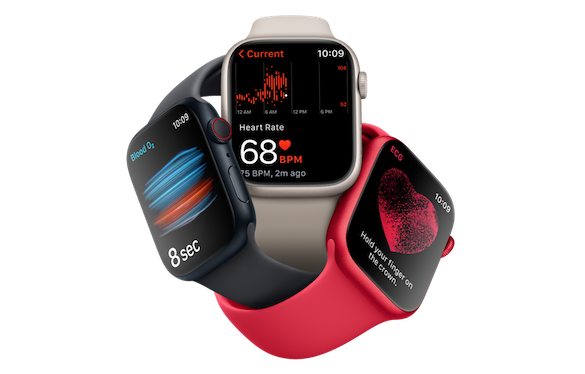A purpose-built life sciences information management solution leveraging a multi-domain approach to manage enterprise data for consistent, reliable and faster access to insights.
In a life sciences (LS) environment that includes multiple healthcare providers (HCPs) and healthcare organizations (HCOs), along with products that may have several indications and contraindications, there is an inherent complexity in trying to maintain viable data and avoid overlapping profiles for key data elements in the databases and systems of LS companies.
Simultaneously, digital dialogue is taking place across all stakeholders, multiplying the contact points and the ways messages can be delivered to a single customer. Teams of customer-facing professionals include sales reps, key account managers, health economic specialists, nurses, dedicated virtual reps, service reps and medical science liaisons—all of whom require the most accurate, updated and coherent information in order to perform their jobs.
This complexity can contribute to the potential for multiple, overlapping profiles for HCPs and other stakeholders as well as non-harmonized and inconsistent data for products, in the numerous systems in LS companies.
Master data is multiplying at a dizzying pace
Master data represents the basic information about all relevant products, customers, suppliers, employees, and other key data assets managed by LS companies. This information is often generated and maintained in different systems, causing redundancy and inconsistency, sometimes leading to the time-consuming and expensive process of data reconciliation. The surest way to have and maintain sustainable customer relationships in the LS world is by ensuring your data is continuously updated and consistent.
When the amount of information is relatively contained, it can be enough to run the required controls and reconciliations manually or with ad hoc solutions, but this is rarely the case today. The increased level of digitalization and the explosion of big data and the internet of things (IOT) has led to a situation where an enormous amount of information is generated and captured every minute, and the only way to benefit from this impressive amount of data is by making sure it is harmonized and correctly correlated so it can be transformed into insights.
Modern MDM can enhance the way big data is processed and used. While big data offers contextual insight, MDM offers the trust that is essential to building and maintaining a proprietary system, while simultaneously providing a more comprehensive picture of data profiles and key product data.
How a solid master data management system can eliminate redundancy
Master data management is not just “another database”; rather it is a set of disciplines, processes and technology to support better data management. The purpose of MDM is to ensure the accuracy, completeness, consistency, integrity and timeliness of multi- domain enterprise data across applications, systems, business processes, functional areas, organizations, geography and channels. Properly implemented MDM links all critical data with a central reference and dramatically streamlines interaction between you and all the important customers you need to reach to build lasting relationships.
Translated to the commercial landscape of the LS industry, the customer base includes prescribing physicians and other healthcare professionals, administrators, as well as payers and other influencing stakeholders. A robust MDM system allows you to address the customer personally by providing target alignment, territory and product alignment, and a compensation model. It also enables you to:
- Tailor customer-specific messages
- Understand the reactions of customers
- Execute sample orders
- Establish long-term profitable customer engagements
Considering the importance of a master data set and the specificities of the industry, it is important to select an MDM system and a partner that is focused on the unique requirements of the life sciences and pharmaceutical industries.
IQVIA has put its more than 60 years of domain expertise into bringing to market advanced technologies that are fully tailored for life science organizations. Learn how IQVIA Enterprise Information Management solutions can help your organization build and maintain a strong customer strategy.
Related solutions
Connect data across your organization with master data management and data warehouse capabilities, and transform the way you make business decisions.


























